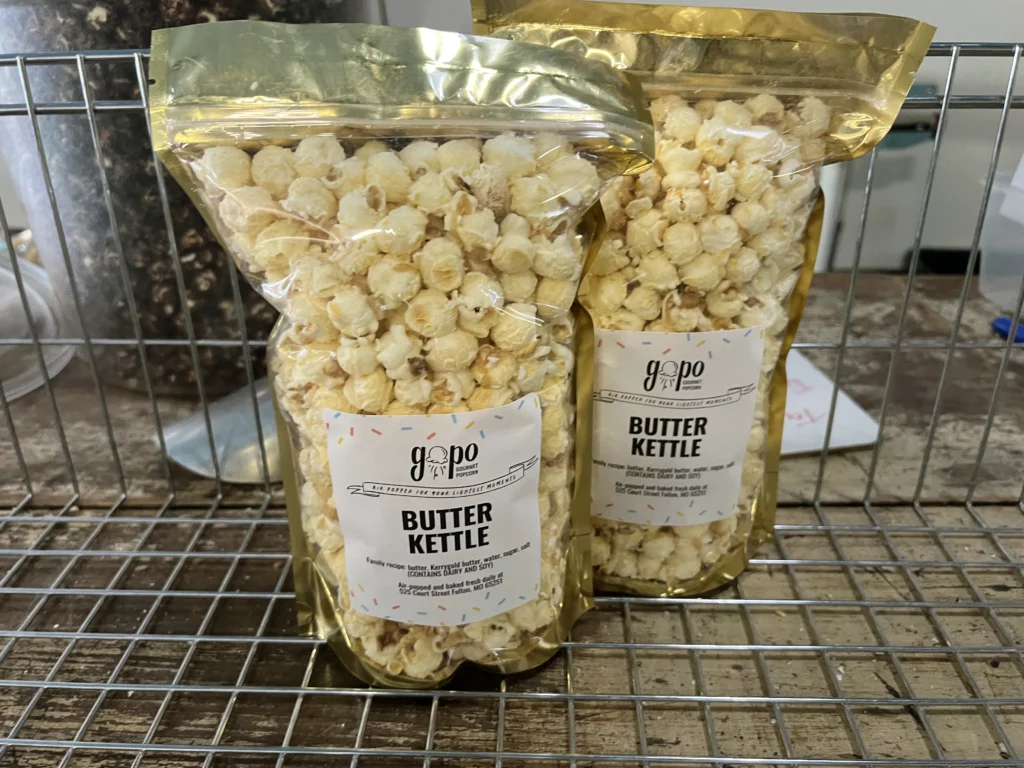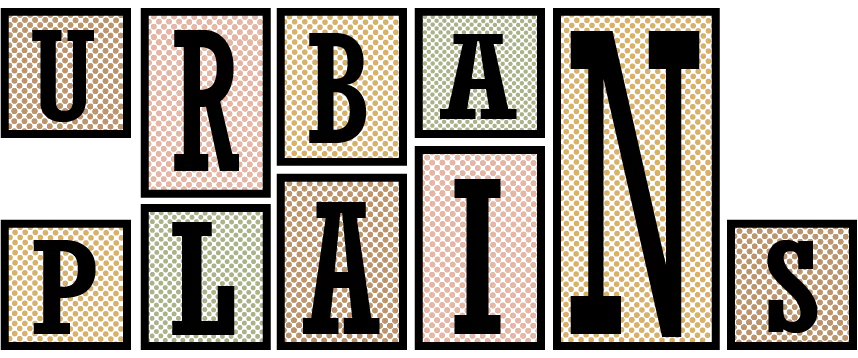How third spaces are redefining social spaces beyond home and work.

Loneliness—we all feel it. Glued to our screens, counting Instagram like after like, it’s easy to feel disconnected from the world around us. To feel isolated. Invisible.
It’s actually factually proven—a Gallup survey found that young people in the age range of 19 to 29 feel more lonely than the 65+ generation. The Surgeon General of the United States, Vivek Murthy, even wrote an advisory report on our epidemic of loneliness and isolation. If the doctor of the U.S. is concerned about this issue, it needs to be addressed.
Why are we lonely? We lack face-to-face conversation and have alarming amounts of daily screen time. A study even found that individuals who use their phones for two or more hours a day have a higher rate of reporting social isolation than those who use their phones for 30 minutes or less—we’re not fostering our relationships in person.
So, how do we fix social isolation? First off, we need to get off our phones. Second, we need third spaces. Places where we just exist with others around us, finding a sense of community and enjoyment. Third spaces are crucial to society’s success in combating this epidemic. They are a non-prescription drug that is vital to fighting this infestation of social disconnection.
Sociologist Ray Oldenburg coined the term Third Places in his 1989 book, The Great Good Place. As a native Minnesotan, Oldenburg wrote about the importance of having a third space or place where people can engage and connect with others outside of their home, their first place, and work, their second place.
Businesses around the Midwest have embraced this cultural idea, creating unique and welcoming spaces that fit the needs of their respective communities. By giving individuals a space where they can embrace social connection, we can combat loneliness.
Community Culture
Brooke Bartlett didn’t plan on her business becoming a community staple. In 2013, Bartlett and her husband started cooking popcorn overnight in a bagel kitchen in Columbia. Fast-forward to today and Bartlett is the proud owner of GoPo, the world’s first popcorn board game cafe in Fulton, Missouri. As their popcorn gained popularity and their business expanded, Bartlett and her husband relocated to a small kitchen in Fulton in 2017. This is where they found their community.
“We felt bad because people were coming in from St. Louis and all over to come try the popcorn,” Bartlett says. “You could just tell that they wanted to stay. Just linger a little longer and have a space to do so. And so then we knew…We’re gonna have to get a bigger space.”
Bartlett’s welcoming and friendly approach helped the shop become a staple aspect of the downtown community. With a large popcorn sample station—featuring unique flavors like dill pickle and grasshopper—a towering wall overflowing with any game imaginable, and a specialty coffee bar, GoPo is just what the city needs. Fulton is also the home to two colleges, William Woods and Westminster University, giving the company a more unique customer base of all ages than other similar cities. By having a distinctive setup, the cafe can be enjoyed by every age group, from family playdates to community breakfast groups.
Bartlett maintains a good relationship with these schools to encourage students to take advantage of the space. She collaborates with school-sponsored clubs and organizations, offering the venue for their meetings. This work creates a community culture with the students and the city.
“It’s important that whenever you come to a small [city] like this, there’s culture,” Bartlett says. “And how do you get that culture? Well, you have small businesses like ours.”
The Feeling of a Third Space
For Third Space Brewing in Milwaukee, Wisconsin, a third place can also be a feeling, one they try to capture with every beer poured.
Childhood friends and Milwaukee natives Andy Gehl and Kevin Wright founded the brewery in 2016. The business has grown into a Milwaukee staple over the past eight years, distributing beers throughout the entire state. Gehl and Wright decided on the name, “Third Space Brewing,” after discovering Oldenburg’s work and wanting to create a welcoming atmosphere with their product. They want their customers to feel the joy of having good conversations over good beer.
“Craft beer is not just about the beer, it’s really about the experience with the beer,” Gehl says. “This idea of a third place—to have those kinds of conversations and those experiences together—really spoke to us as the type of brand that we wanted to create.”
In addition to their physical brewery, which features a beer garden and a taproom where customers can see the brewers in action, Third Space Brewing is trying to “create a brand that’s bigger than the space itself.” Gehl explained that they want their customers to experience the third-space feeling, no matter where the beers are being consumed. To help produce this feeling, Gehl and Wright chose positive names for their beers. Their flagship product is named, “Happy Place.” They chose more inclusive and approachable names to create a counterculture to the other craft beer brands from the ’90s and 2000s by welcoming all customers with open arms
Gehl and Wright are in the process of opening a new location in the Milwaukee suburbs, expanding to a new realm of customers in suburbia who have less access to third spaces than their neighbors downtown. Despite their current focus on physical expansion, Gehl and Wright are enthusiastic about expanding their brand and continuing to establish themself with the “third space feeling” for customers throughout Wisconsin.
“It’s more than just the space, it’s creating that feeling for people,” Gehl says. “Your third space might be your corner bar in your neighborhood. We want to make sure that we’re tapping that place…we want to be the beer of your third space, wherever that may be.”
